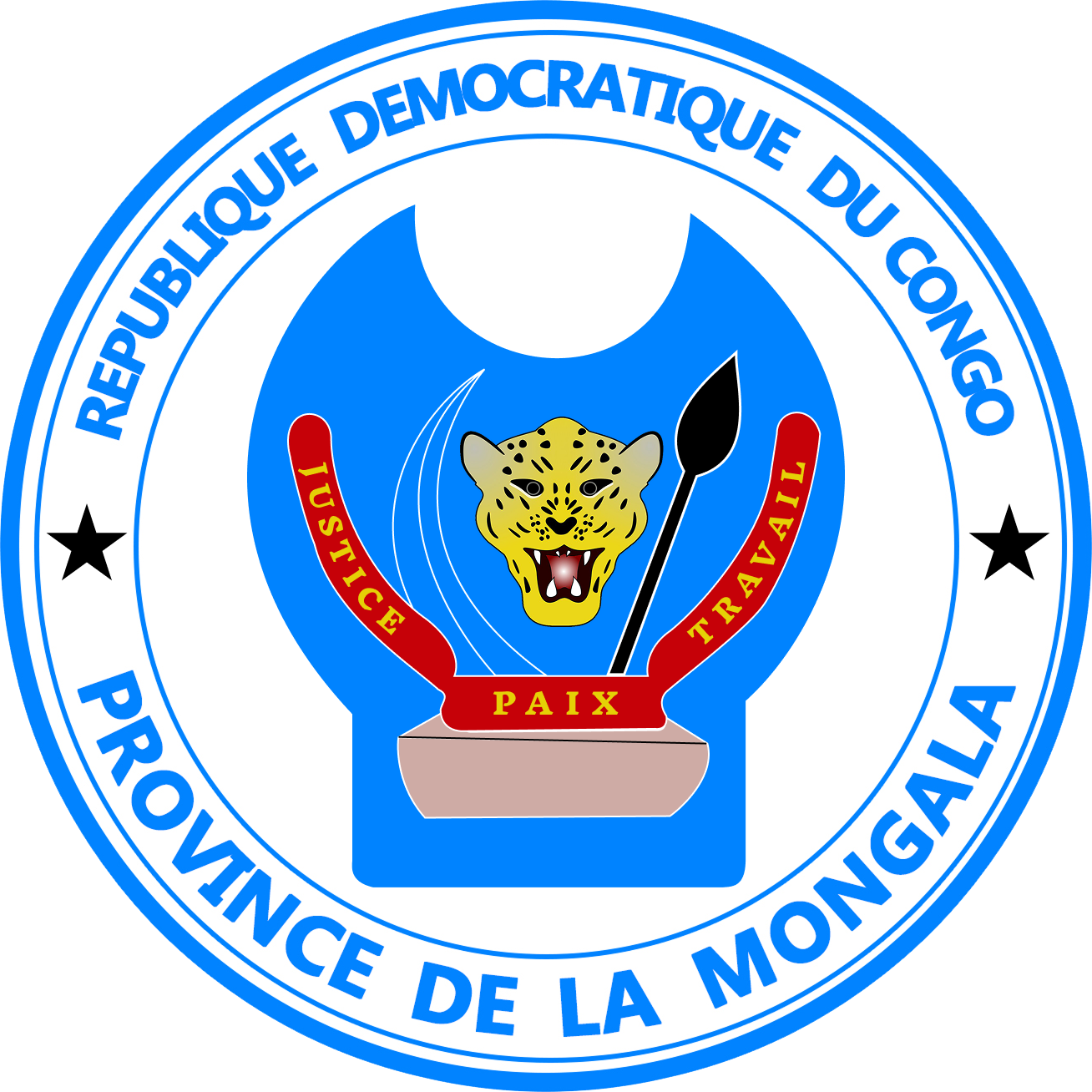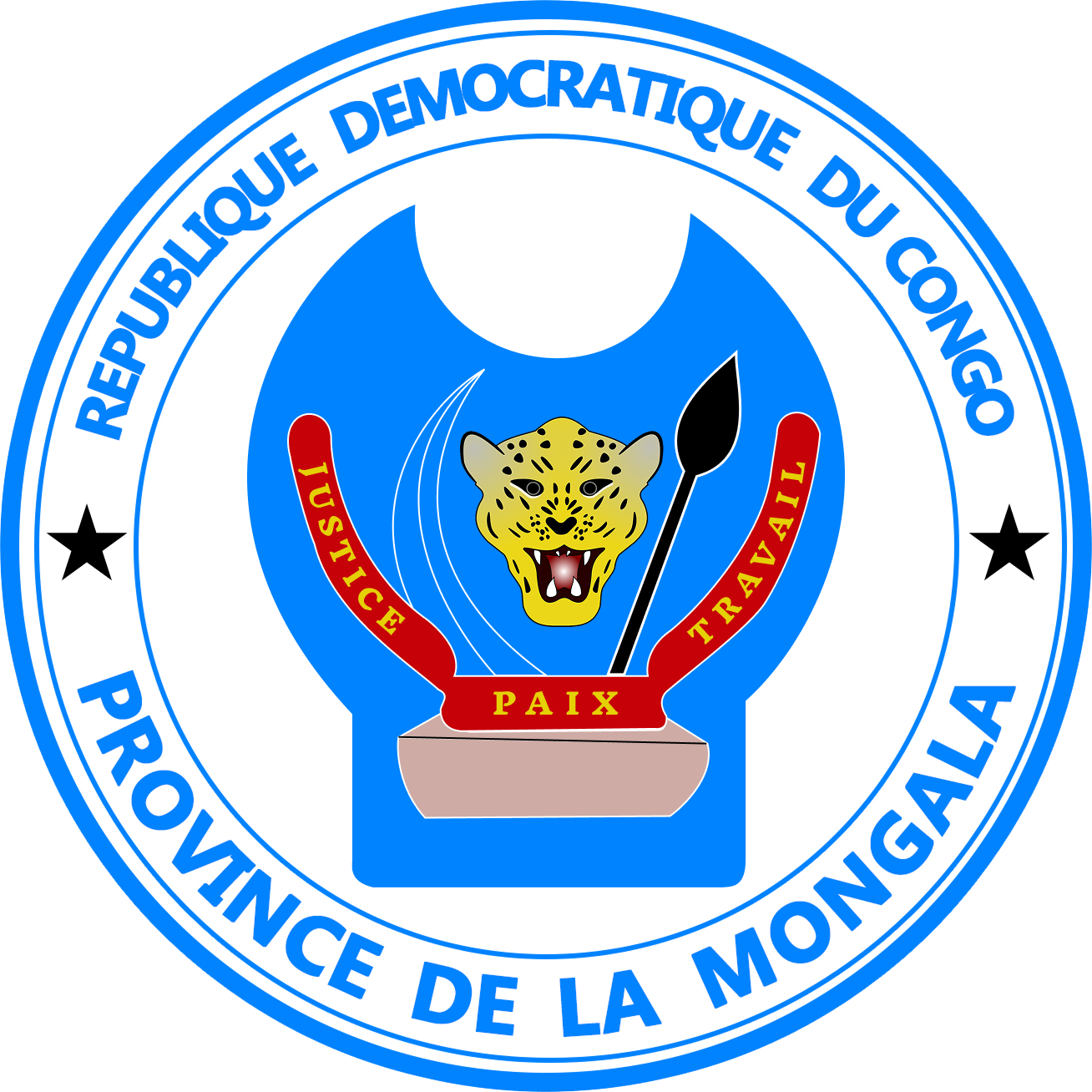Overview of Mongala Province
Mongala Province, located in the northwestern part of the Democratic Republic of the Congo, is an area of great historical, cultural, and economic significance. Originally part of the Équateur Province, Mongala gained recognition as an independent province in 2015 as part of the country’s administrative decentralization efforts. The province is strategically positioned along the Mongala River, which serves as a vital transportation and economic lifeline for local communities.
Geographical Features
Mongala is characterized by its diverse landscapes, including vast tropical forests, fertile agricultural plains, and an extensive network of rivers. These geographical features provide the province with rich biodiversity, making it a hub for agriculture, fishing, and eco-tourism.
-
Capital: Lisala
-
Total Area: Approximately 58,141 km²
-
Major Rivers: Mongala River (a tributary of the Congo River), Lulonga River, and Ikelemba River
-
Climate: Equatorial climate with high humidity and significant rainfall throughout the year
Demographics & Culture
With an estimated population of around 3.2 million, Mongala Province is home to multiple ethnic communities, each contributing to the rich cultural tapestry of the region. Lingala is the most widely spoken language, alongside French, which serves as the official administrative language.
-
Major Ethnic Groups: Mongo, Ngombe, and Budja communities
-
Primary Languages: Lingala, French, and local dialects
-
Cultural Highlights: Traditional dances, folklore, and artisan crafts such as wood carving and woven textiles
Economic & Industrial Overview
Mongala’s economy is primarily driven by agriculture, forestry, and trade. The province’s fertile land allows for extensive farming, and its forests provide valuable timber resources. Key industries include:
-
Agriculture: Cassava, maize, rice, palm oil, and cocoa
-
Fisheries: Abundant freshwater fish from the Mongala and Congo Rivers
-
Forestry: Logging and timber exports (though sustainability concerns remain a priority)
-
Trade & Commerce: Local markets and cross-border trade with neighboring provinces
Historical & Political Significance
Lisala, the capital of Mongala, holds a special place in Congolese history as the birthplace of Mobutu Sese Seko, the former president of Zaire. The province has witnessed various phases of the country’s political evolution and continues to play an important role in regional governance.
Infrastructure & Connectivity
Transport and infrastructure development remain key focus areas for Mongala’s growth. While river transport is widely used, efforts are being made to improve road networks and air connectivity.
-
Road Network: Limited but expanding, with ongoing projects to enhance access to rural areas
-
Water Transport: The Mongala River serves as a key route for movement of goods and people
-
Airports: Small regional airstrips in Lisala and nearby towns
-
Telecommunication: Increasing mobile and internet penetration, though rural areas still face connectivity challenges
Future Development Prospects
Mongala Province is actively seeking investment in infrastructure, sustainable agriculture, tourism, and environmental conservation. The provincial government is committed to improving public services and economic opportunities for its residents.
With its abundant natural wealth, cultural vibrancy, and growing economic potential, Mongala Province stands as a promising region for both local and international partnerships.

